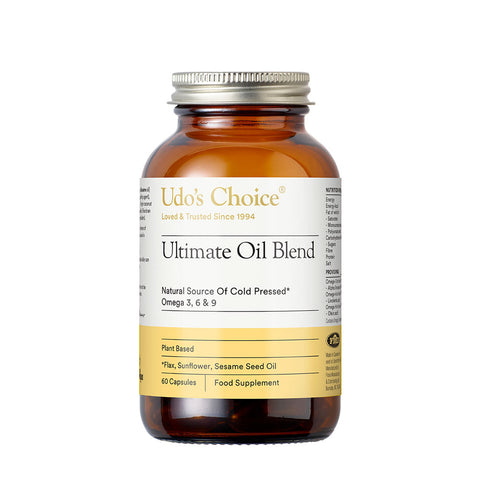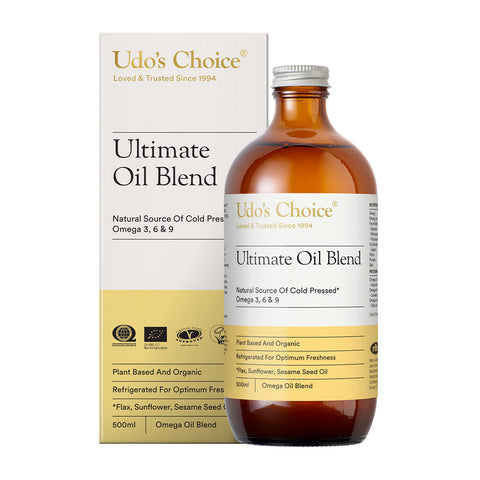SAD syndrome is a condition that induces feelings of depression, low moods, difficulty concentrating, lack of energy, increased appetite, PMS-type symptoms and an increased desire to sleep during the winter months.
Symptoms usually begin in late autumn (September) and tend to disappear in late spring (April). Not everyone experiences the same symptoms, but other common symptoms of SAD include cravings for sweet or starchy / high carbohydrate foods, weight gain and irritability. Although many variables may be responsible for SAD, lack of exposure to full spectrum natural light appears to be the most common explanation.
From a nutritional aspect you want to eat foods that help to produce more serotonin, which is our “happy” hormone. Foods such as fish, turkey, chicken, cottage cheese, avocadoes, beans, bananas and wheat germ are rich in tryptophan, an amino acid, and precursor to serotonin production in the body. Additionally, 80-90% of our serotonin is found within our gastrointestinal tract, so keeping a good balance of gut bacteria is instrumental to mental health. I recommend in September to start taking a high strength probiotic such as Udo’s Choice Super 8’s, you can take one capsule daily for a month or so. There is no harm on taking them throughout the winter as well.
Serotonin that is used within the brain must be produced within it, so keeping our brain nourished and healthy is beneficial. 60% of the brain is made up of fat, so eat a diet with plenty of oily fish such as salmon, mackerel, sardines and anchovies. Plant based foods are also beneficial, such as flaxseeds, sunflower seeds, sesame seeds, walnuts and green leafy vegetables are rich in the essential fatty acid Omega 3. Adding an organic seed oil like Udo’s Choice Ultimate Oil Blend would highly increase the amount of fats in one’s diet; start off with 10ml per day and work your way up to 30-40ml per day for optimal benefits.
Deficiency of B vitamins may also be linked to depression; eating more wholegrains - rye, spelt, brown rice, amaranth, oats are excellent mood boosting foods. Making porridge, hearty soups and stews with beans, lentils and plenty of vegetables are very nourishing.
A lack of vitamin D is associated with SAD syndrome, particularly in the UK where we get minimal amounts of sunlight year round. Living in the UK, I recommend supplementing with Vitamin D with at least 2000IU per day throughout the winter months. If you’re levels are low you can increase to 4000IU per day.
During the winter months its recommended to reduce your intake of stimulants such as tea, coffee, chocolate, caffeine and sugar-based foods and drinks, as this will play havoc on your blood sugar levels and increase cravings. Alcohol should also be minimized as it lowers brain levels of the feel good hormone serotonin.
Exercise as much as possible during daylight to increase the production of serotonin and if you feel you need some sunshine to top up your Vitamin D levels naturally – take a winter holiday in a warm, sunny destination!
Written by nutritionist: Marianna Sulic





